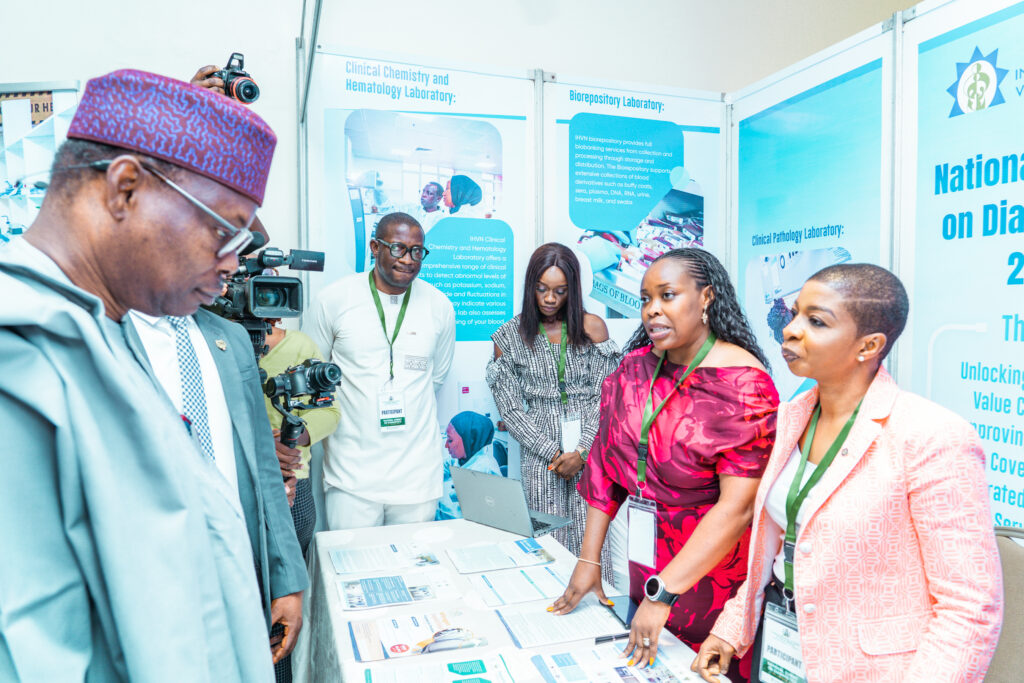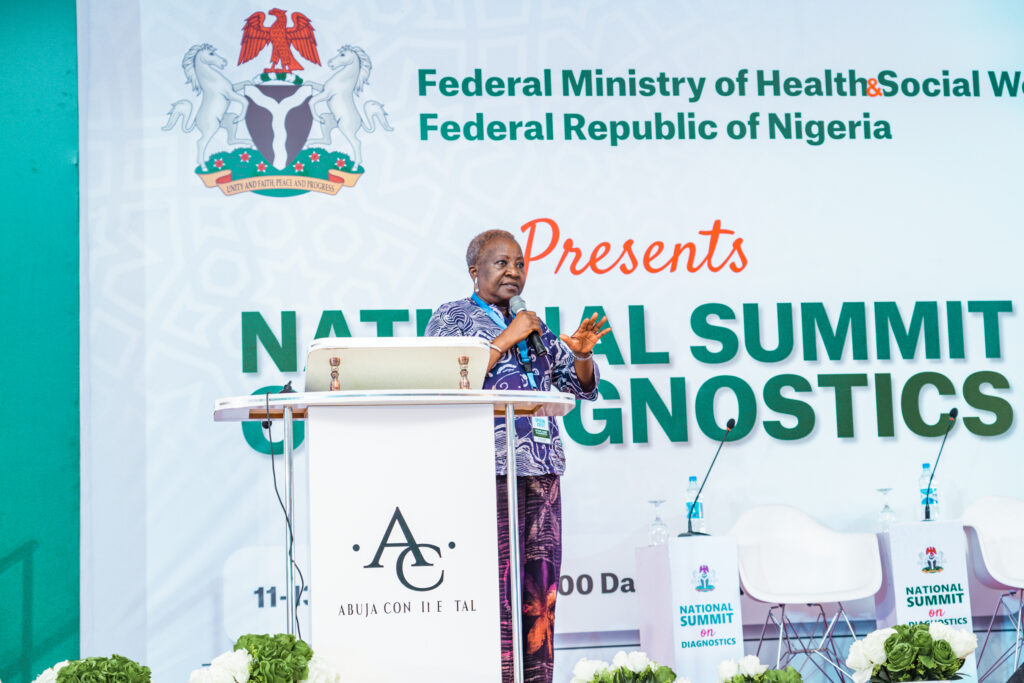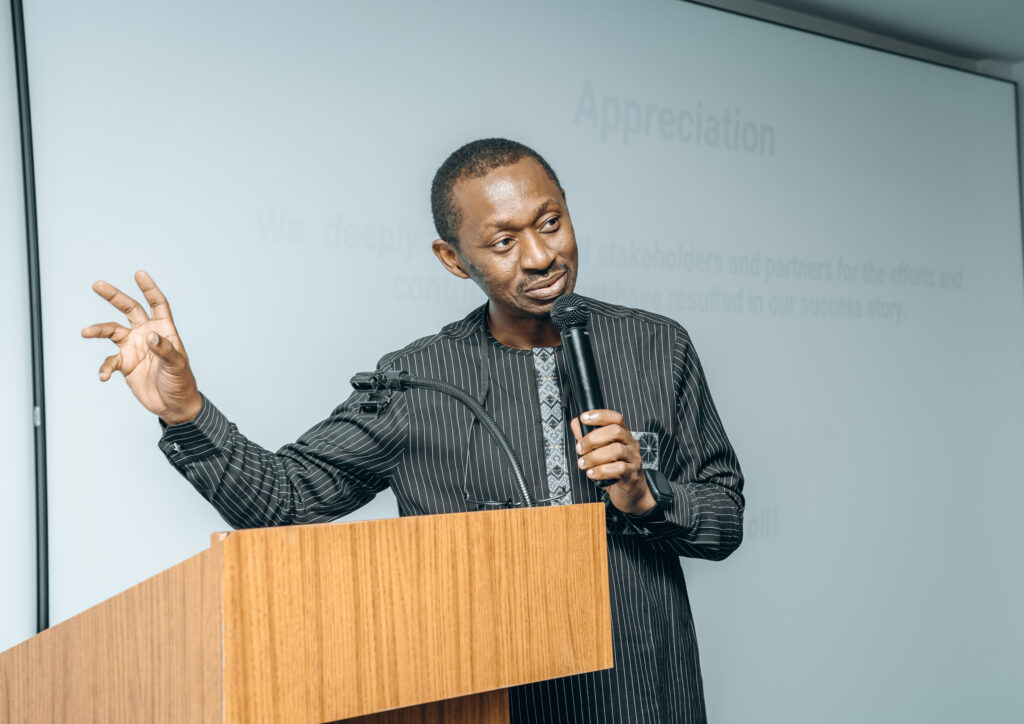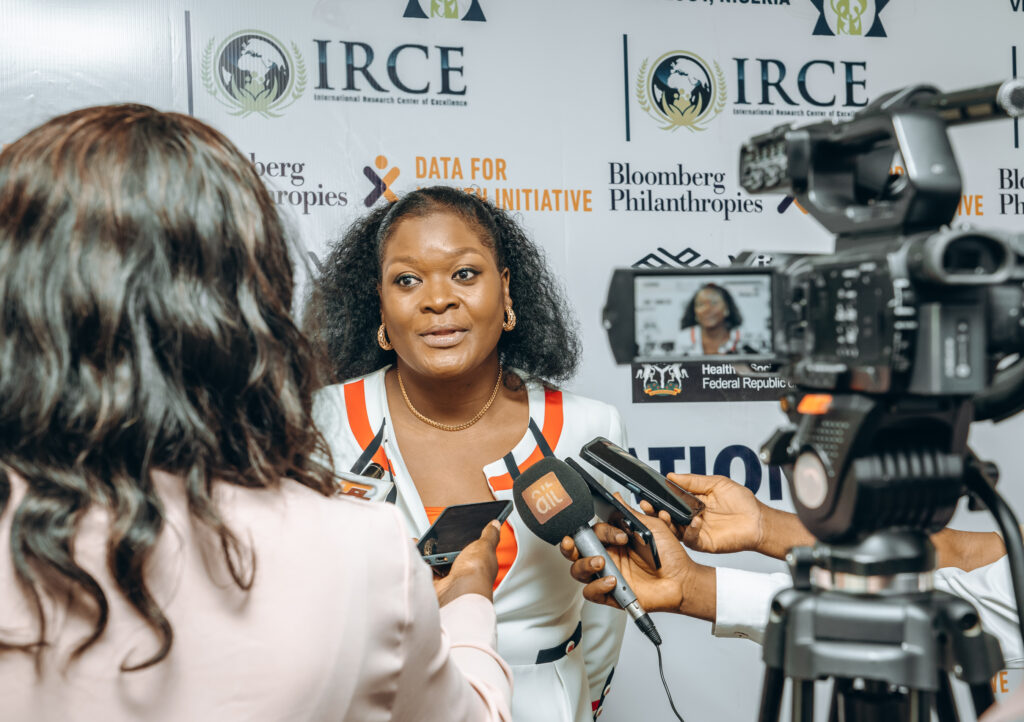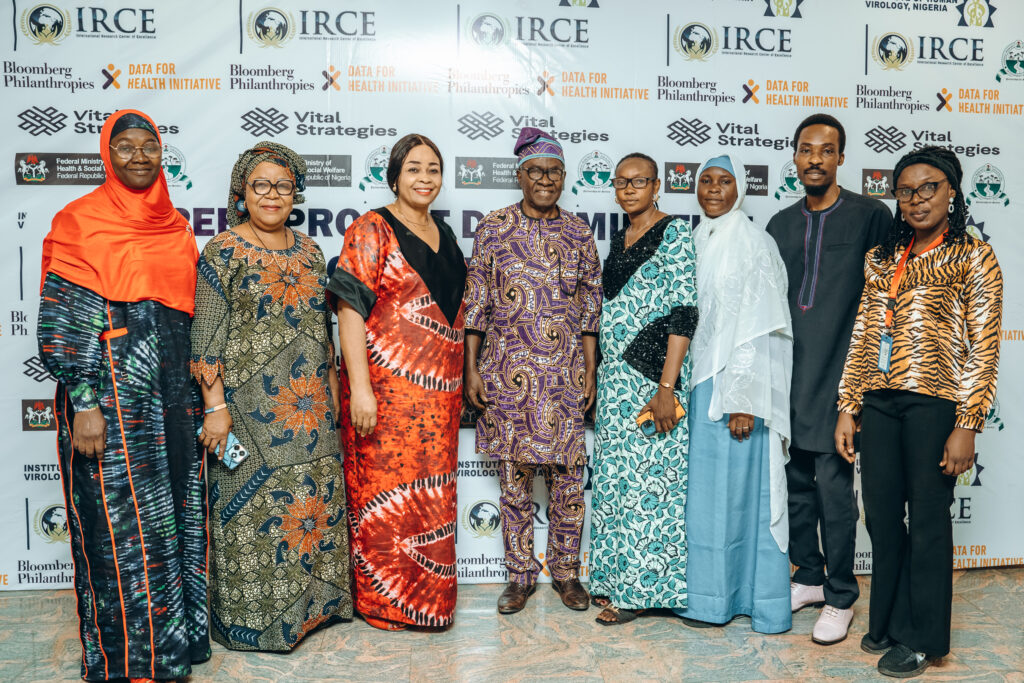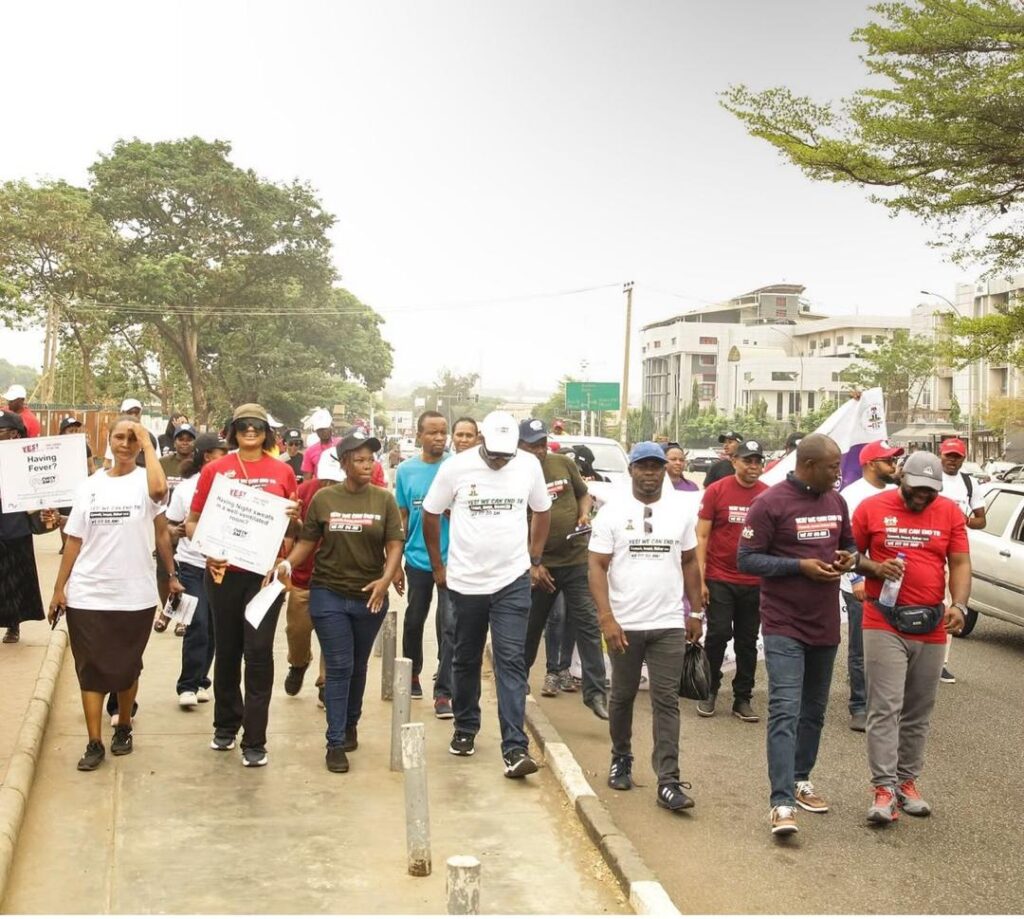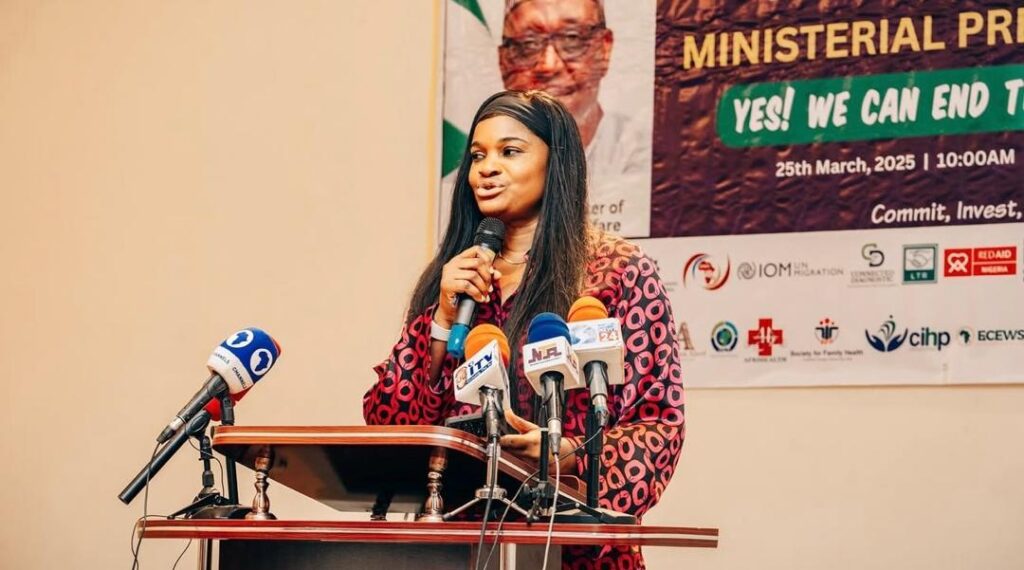The Institute of Human Virology Nigeria (IHVN) has joined stakeholders across Nigeria to deliberate on “Unlocking Healthcare Value Chains and Improving Universal Health Coverage through Integrated Diagnostic Services” at the country’s first National Summit on Diagnostics held in Abuja.
At the summit, IHVN International Research Center of Excellence (IRCE) Executive Director, Prof. Alash’le Abimiku made a presentation on “Diagnostics for All: Strengthening the Healthcare System through Partnerships, Collaboration and Research.”
She said that, “For a country like Nigeria, this conference is significant because one of the things we haven’t done well is integrate all the disciplines of health services when dealing with diseases, diagnostics, and public health challenges. This platform brings diagnostics to the fore as a key partner in delivering quality healthcare.”
According to Prof. Alash’le, reliable diagnostic services are foundational to effective healthcare, enabling accurate disease detection and management and strengthening surveillance systems for both communicable and non-communicable diseases.
“Quality laboratory service is the entrance to better healthcare. You can’t talk about good public health services without paying attention to high-quality diagnostic services. They help people be certain of the care they receive and are crucial in tackling everything from infectious diseases to diabetes and general wellness,” she added.
The conference was marked by high-level participation, including the Minister of State for Health, Dr. Iziaq Adekunle Salako and the Director-General of the National Agency for the Control of AIDS (NACA), Dr. Temitope Ilori. A highlight of the opening ceremony was the keynote address by Professor Tomori, a globally respected virologist.
Prof. Alash’le expressed deep pride in IHVN’s involvement in organizing the event, noting the institute’s role as a leading player in strengthening diagnostic infrastructure and expertise in Nigeria.
“It’s been a fantastic success. The presence of such dignitaries and the quality of dialogue, particularly with private and industrial stakeholders, has been outstanding. IHVN’s representation has been awesome, and we were especially proud to honor the legacy of our late colleague, Thomas Panwal, who contributed so much to this effort.”
Our mandate at IHVN is not just local. We aim to be the leading institute on the continent in quality health services, capacity building, and research. This conference is a key part of that vision,” Prof. Alash’le noted.
IHVN Business Development Unit Lead, Mrs. Abisola Adekanye, who participated in the summit remarked that IHVN is a scientific leader with the potential to position itself as a commercial force in diagnostics.
“IHVN has what it takes—state-of-the-art equipment, highly skilled and professional staff, a controlled and standardized environment, and properly calibrated machines that ensure accurate, reliable results. We’re looking at strategic collaborations—equipment manufacturers, reagent suppliers, universities, government bodies, researchers—anyone and everyone who can help us build a sustainable, innovative ecosystem that strengthens diagnostics in Nigeria and across Africa,” she said.
